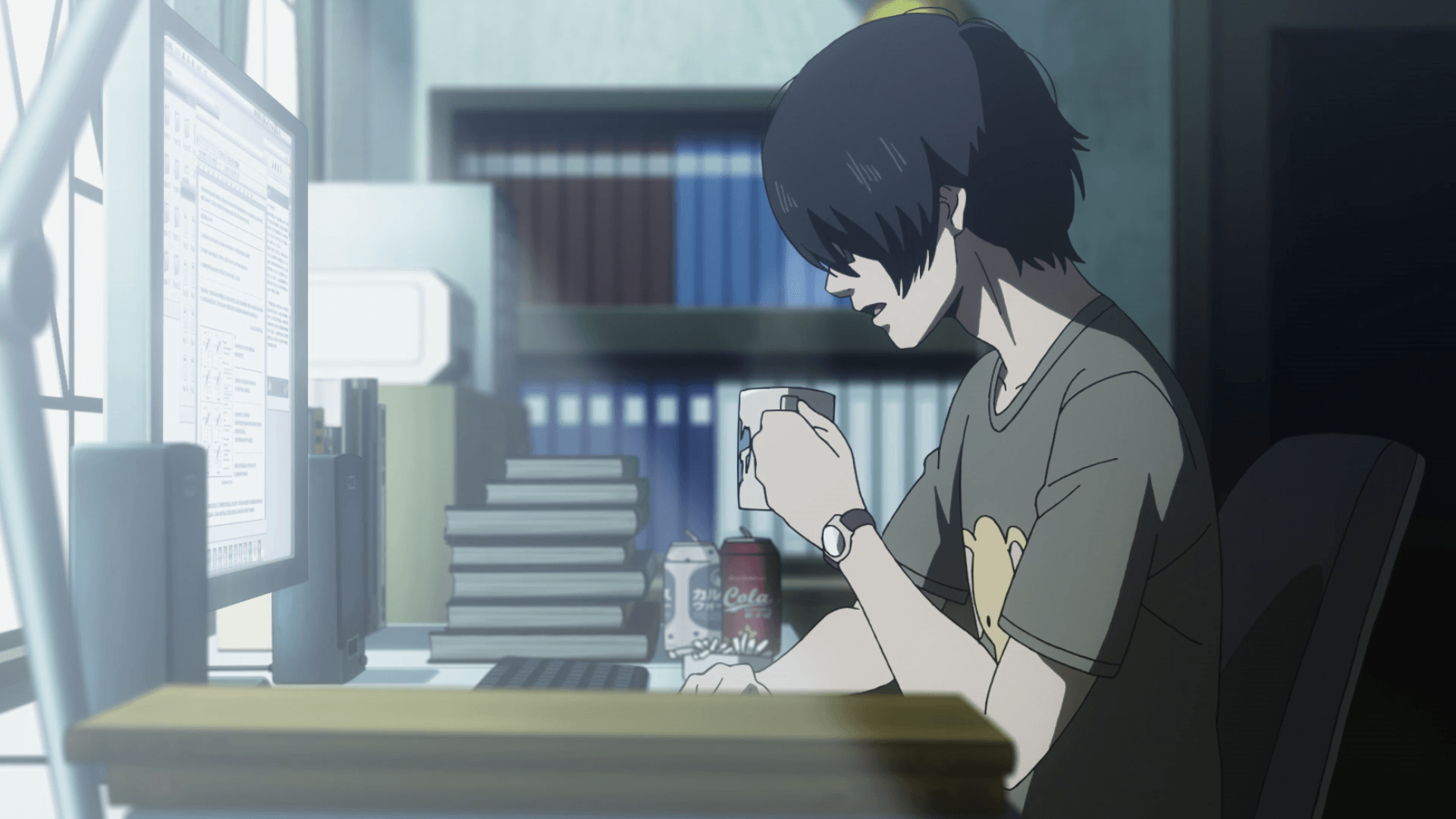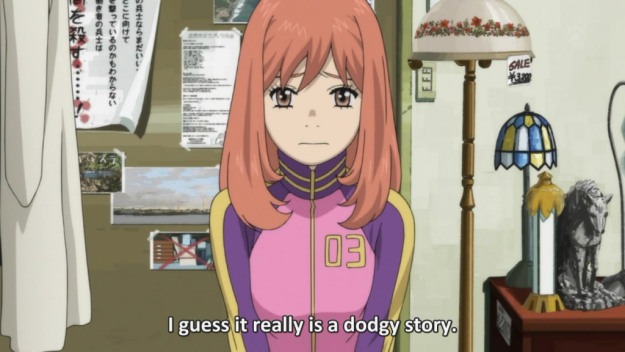
After I resigned from my library position (I had moral and ethical problems with how I was expected to police policy), I started hunting for remote work. I enjoy writing, so I started hunting there. When I’m drafting a novel, I will write at least 1,000 words Monday through Friday. Weekends are left for JP articles, other essay projects, and now YouTube videos and scripts. I squeeze a little fun and hiking into that mess. With my days now free, I can produce 2,000 – 4,000 words a day depending on my topics, research time, and distractions. Don’t be fooled. Writing is hard work. Writing well‒and I don’t consider my writing good‒takes even harder work. So, when I started hunting for content writing work, I was flabbergasted to see the quantity some jobs, usually freelance, require. Gamerant, for example, wants you to write a minimum of 25 articles a month. Okay, so one a day at 1,000 words. That’s doable on a mechanical level, but you will quickly exhaust your topics, even with new video game or anime news always coming out. And, considering you need to research each article, you face several hours of work. That’s all well and good; work is the point, but what’s the pay?
Try an average of $20 an article, as far as I can tell. If you can dash of 1k words in an hour, which is what I can usually do when drafting a novel, that’s decent enough. It’s basically what a librarian with a Masters gets paid per hour. However, most articles won’t be dash-offs. Research consumes a lot of time. Many of my historical articles here will have at least four hours of research time. Some (usually the articles I like the most but no one reads) can take over 12 hours of reading and note-taking. If an article takes 5 hours to research and write, you clear $4 an hour. No tips. Before taxes.

If you can keep up with the sweatshop production levels, you will write 25,000 words each month or 300,000 words a year. Good practice, but for the pay level offered, you’d be better off writing and self-publishing a novel or six. Even if the novel sells poorly, you will likely still make more over time than what the articles earn you. Remember that content sites make money off your writing, which in some cases is no longer yours. You get paid once. The articles you write keeps paying them through advertising revenue, especially if the article is evergreen. At least if you write for yourself, your writing remains your own to do with as you want. If you want to take a book and turn it into a series of YouTube videos (cough, like what I’m doing, cough), you can. Such sweatshop writing isn’t sustainable. Quality will decrease, and the writer will burn out, no matter how much she enjoys writing about the topic. And at the pay levels I’ve seen, you can’t make a living. If you wrote 25 articles at $20 each, you’d clear a whopping‒brace yourself‒$500 a month before taxes. With how expensive food, shelter, water, and health care are, you could make it, depending on where you live, if each article paid $150. That works out to be $45k a year, before taxes. If you live in a rural state in the US, that’s decent for a stay-at-home job, but it still leaves the burnout problem.
As content consumers, we are the blame for this state of affairs. We undervalue good writing because it’s so easy to consume. An online article that takes hours to research and write an be read in perhaps 10 minutes or less. In an hour we can read‒and let’s face it, most people skim rather than read online writing‒more than a dozen articles. If each one took 4 hours to research and write, you consumed 48 hours of a writer’s life within a single hour of your own. Granted, this ratio improves as more people read the same content. If 1,000 people take 5 minutes to read an article, that works out to be 83 hours against the writer’s 4 hours of writing. Sweatshop content sites, however, offer a single, flat payment. That $20 article can yield exponentially more in ad revenue if it proves popular. That’s where the profit is. Because advertising props up Internet writing, and often doesn’t filter to the writers, we’ve come to expect writing to be free. Of course, I don’t help the situation since I offer JP’s articles free and even ad-free. Although you can donate if you want to support my writing. Because we’ve been conditioned to expect writing to be freely consumed, book sales have been hurt. People don’t feel the value of paying for books when they can get the same content online for free or in a podcast interview with the author. I’m guilty of that. I’ve often listened to a podcast interview with an author and because the interview was so thorough, had no desire to read the book. I got what I wanted, paid for by advertising. But ad dollars usually don’t translate into writer-dollars. Even book sales aren’t a path to reasonable wages unless you have a breakout hit. Most authors have to keep their day-jobs.

The tldr (which is another way to undervalue writing): writing has lost the value it once had. Writing has always struggled to prove its value, even in the past newspaper age. Clear writing is as much a skill as carpentry or computer programming. However, as systems like ChatGPT develop, sound writing will continue decrease in value. After all, even the worst writers‒those who write business and legal gobbledegook‒can use ChatGPT to make reasonable writing. People will also fail to double check the facts these models will insert; media literacy is one of the largest intellectual problems of our era. Misinformation will crouch in adequate writing that is mass produced and brushed off as online writing already is brushed off.
I paint a writing dystopia. While it’s possible society may collectively decide good writing matters and our content consumption needs to slow, I doubt this will happen soon. We consume content in ever-increasing amounts, as the popularity of 30-second videos and micro-writing shows. Oh, eventually, there will be a generational backlash. Generation Z, for example, may spearhead this once they reach middle-age and realize their brains are mush, just as I realized my own brain is filled with jingles and advertising slogans. “Hey piezomos! It’s the Super Mario Bros Super Show! Do the Mario!” “Hey you guyz!” “Peter Griffin laugh.” You can only produce with what you’ve stuffed into your brain. Mush begats mush. We can’t expect our politicians to write and give speeches like Lincoln; Lincoln was raised on King James Bible writing and the other, albeit wordy, melodic writing of the Victorian era. Bad writing leads to bad thinking, in other words. A mind smeared with corporate slogans can’t think with anything else. Just do it!
Good writing must be contested and critiqued. People prefer to attack rather than contest, which involves a reasoned written response. Emotions crackled and sparkle, vindicating the feeler. But that does little to help the state of writing. Online writing teems with dross, and I know full well I add to it by consuming far more than I should. Online writing is performative. Look at me, agree with me, wave your tribe’s flag. Sound writing ought to avoid such things, but how can it when performative is what people read? And this brings eyeballs to advertisers. The market has spoken.
Despite this, I remain optimistic. If I wasn’t, I wouldn’t still be writing against the current. I do what I can to value writers by avoiding sweatshop content sites and blocking their advertisements when I can’t avoid them. I know I could value writing better than I do. I fall into the same consumption patterns as you do. I believe that some decade before I die writing will be valued once again. That we will slow down our consumption and think more deeply. That long-form writing and thinking will reign again.




You conclude on a hopeful note. The arts of grammar, logic and rhetoric were the historical foundations of discerning “truth” and understanding “self”. Language is the medium of thought, how I know what I think. So to reduce its value to that of a “sweatshop” product or the instant gratification of an algorithm says something about what we aspire to in ourselves. Perhaps it’s simply human nature to tend toward least action, the result of natural-selection to compel a cognitive efficiency that causes us to settle into some lowest energy state… cattle in a pasture, or feeding at the trough.
I have to agree that our human nature drives us to do what’s easy. We have to work against that achieve any sort of excellence.
I agree with you that we need better working conditions for writers (and everyone else), but freelancers usually have no organizations to protect them. Generative AI (which is usually just glorified statistical processing, which doesn’t deserve the term “intelligence”) will make conditions even worse.
There may, however, be disagreements on what constitutes “quality writing”. For example, I personally read technical literature and sociological articles and almost no fiction, so it would be very difficult for me to judge a novel as good or bad. Recently I’ve seen an article blaming our short attention span on too much action in children’s literature and cartoons. This sounds reasonable on face value, but if we look to children’s classics, like “The Wizard of Oz” or “The Chronicles of Narnia”, they’re packed with action and vivid descriptions (seriously, you can use “Narnia” as a thesaurus), simply because it makes them interesting! Add to this cultural differences, and assessing quality becomes even more difficult.
I personally think another factor of decline in book reading is constant use of computer screens. I find myself unable to focus on anything written on paper after reading articles on a screen, maybe my eyes just require 60 FPS nowadays.
Quality is relative to the type and purpose of writing. Although writing quality is universally considered clear, concise, and easy to understand (relative to the field). I agree with you that screens are the reason why we cannot focus. Many studies have found causal links between social media use and attention deficit problems. Social media and micro-content trains the brain to process that micro-content efficiently. Social media is bad for mental health. The brain is plastic; it will change to handle the input the brain encounters the most. Which gives us some hope. We can, with effort, fix our lack of focus by through retaining. But this will be hard for those who consume a lot of micro-content from a young age.
Sujata Gupta has a good overview at Science News about the mental health problems of social media: https://www.sciencenews.org/article/social-media-teens-mental-health